What is a "Mini IPO"?
U.S. Securities and Exchange Commission (SEC) Regulation A+ (RegA+) is known as a “Mini IPO.” Under RegA+, companies can raise money from the entire public: both accredited and non-accredited investors can participate. The offering must be qualified by the SEC, but the qualification process and ongoing reporting are less intensive and less costly than an IPO, hence the nickname “mini.”
RegA+ is most similar to an Initial Public Offering (“IPO”), in that investors can sell their shares the day after buying them if they so wish (though this doesn’t mean that they can, as companies must choose to quote their shares on a trading platform to let their investors access potential liquidity). There is no lock-up period after purchase.
Companies that raise capital through RegA+ can be listed on national stock exchanges and provide enhanced disclosure; though many businesses choose not to, as the costs of being listed on a national exchange can add significant expenses, as well as increased administrative burdens. Companies also have the option of listing on “Over the Counter” (“OTC”) markets, which are less burdensome. OTC trading is done directly between two parties, without the supervision of a stock exchange.
RegA+ securities are still largely illiquid, as there are few places to trade them. StartEngine Secondary, an alternative trading system is one of the first such marketplaces in the United States that enables companies that have raised capital via Regulation A+ and Regulation Crowdfunding (explained below) to give their investors access to potential liquidity.
Tier 1 RegA+ offerings allow companies to raise up to $20M, and Tier 2 allows companies raise up to $75M. Tier 1 offerings are not exempt from blue sky laws. This means that for Tier 1 offerings, companies must qualify or register the offering with any state they plan to sell securities in, and every state has its own statutory and regulatory requirements. In other words, there are 54 laws (50 states and 4 territories) companies would have to follow, in addition to federal laws. In short, this takes a while and is expensive. Tier 2, on the other hand, preempts state blue sky laws, and so companies do not have to individually qualify or register their offering with every state.
How Can I Conduct a RegA+ Offering?
To conduct an offering, companies must be U.S. or Canadian (whereas only U.S. companies can utilize Regulation Crowdfunding). Companies must also pass “bad actor” checks, preventing scams from raising capital from the public for example, or individuals who have been charged with securities fraud.
Furthermore, Regulation A+ entails significant costs, and requires substantial work to prepare the offering document (more on those below). Therefore, Regulation A+ isn’t a good fit for companies that are not willing to invest time and resources into preparing their offering.
Companies can expect to pay anywhere between $50,000-$100,000 before their offering is qualified and they can begin raising capital. Then, they can expect to dedicate more funding to a marketing budget to attract more investors to their campaign.
Similar to cost, timing is not a hard science and will vary from company to company. However, companies should anticipate that it will take approximately:
● 30 days to compile the necessary documents
● 30 days to complete and submit disclosure to the SEC
● 90-120 days to get to qualification, although this can vary widely
On the other hand, if the goal is to raise $5M or less, the business may be better served by Regulation Crowdfunding, but if the goal is to raise more than that, RegA+ is an option.
What is Regulation Crowdfunding?
Regulation Crowdfunding (Reg CF) enables eligible companies to offer and sell securities as equity or convertible notes through crowdfunding. Through Reg CF, any investor over 18 years old can buy securities in private companies. All transactions must take place online through an SEC-registered intermediary—either a broker-dealer or a funding portal. Reg CF permits a company to raise a maximum aggregate amount of $5M in a 12-month period. There is a one-year lock-up period after purchase.
*Disclaimer: this blog post is not intended to be legal advice. We highly recommend speaking to an attorney if you have any legal concerns. Contacting us through our website does not establish an attorney-client relationship.*

